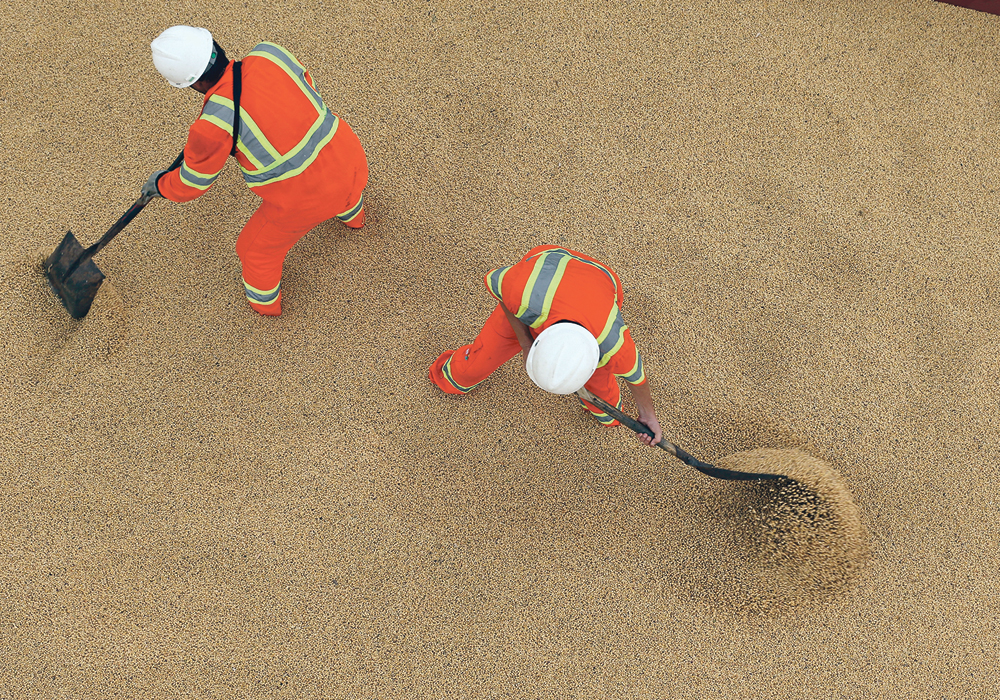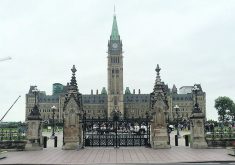At some point we might have to accept that this new trade reality is actually real.
And we’ll have to react to that reality by changing the way we farm, act and interact with the rest of the world.
That’s something quite a few Canadians are grappling with in light of the ongoing and no-end-in-sight trade dispute with China, the continuing trade problems with India, the growing frustrations with the European Union, the ever-present threat of something bad from U.S. President Donald Trump’s administration and the terrible feeling that no trade access anywhere is dependable any longer.
Read Also

Pakistan reopens its doors to Canadian canola
Pakistan reopens its doors to Canadian canola after a three-year hiatus.
In their report, Shifting Geo-Politics and Trade Policy: Wither Canadian Agri-Food Policy?, Al Mussell, Douglas Hedley and Ted Bilyea of Agri-Food Economic Systems grapple with how the trade world might have changed permanently in the past few years, and how Canada might need to overhaul its farming and food policies and supports in order to deal with these changes.
They see a world that has, to a large degree among major players, rejected the spirit of free trade and rules-based trade and embraced a me-first approach based on power and coercion. That’s bad for a small country like Canada.
“The world is turning away from liberalized, rules-based trade,” they conclude.
“Canada needs to face and adjust to that reality.”
Coming from free market economists, one of their suggestions is quite shocking, in suggesting that Canada might need to impose import taxes on food coming from places that practise unsustainable agriculture.
It’s just a sign of how radically changed Canada’s position and that of Canada’s export-oriented farmers have become all of a sudden.
So far, Canada has been acting as if it is desperately hoping things go back to “normal,” with China settling down, the United States getting back to a pro-trade stance and something working out with places like the European Union and India.
But as these disputes drag on, it’s becoming obvious that this approach isn’t working. In this column I’ve argued that Canada needs to bolster its farm safety net to deal with the political shocks that keep hitting our farmers, and I’ve argued in my blog that Canada needs to push back against China’s aggressive, rules-breaking actions.
Are we getting forced to choose between championing the rules-based international trading order and embracing the new mood of me-first power politics?
I don’t think we are, and I think it would be a mistake if we thought it was an either-or situation.
As others come up with their suggestions for how Canada and its farm sector grapple with the alarming new world order, here’s my take on a two-track strategy:
- Embrace rules-based trading and the expansion and extension of trade agreements with like-minded nations. Canada isn’t the only country caught in this plight, and there are still many places in Asia, the Americas, Africa and perhaps a post-Brexit United Kingdom that could keep travelling with us along the pro-trade river.
- Push back against the countries that try to hurt, coerce, intimidate or abuse Canada in trade. Canada’s too small to significantly hurt any of the big bullies out there, but a bloody nose or a black eye sometimes makes a bully avoid future aggression. And if like-minded nations acted likewise, some of the bad boy behaviour of the big boys might be backed off.
That’s what I think. What do you think? At this point, in this new reality, it’s something we all need to be thinking about.
















